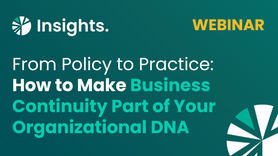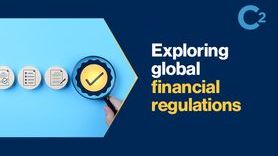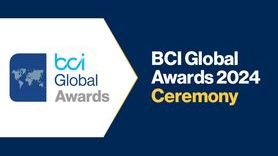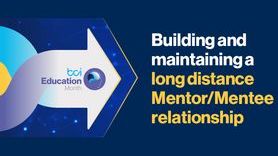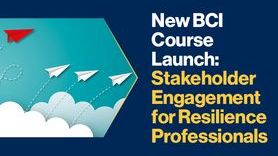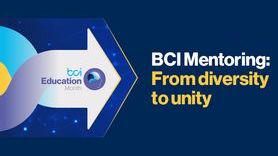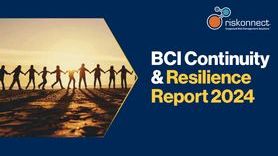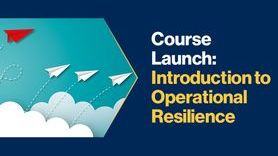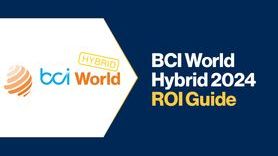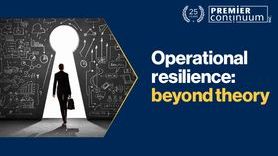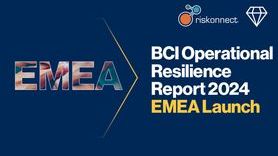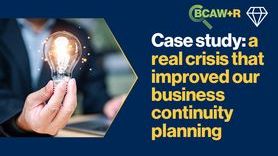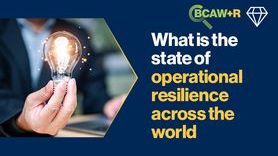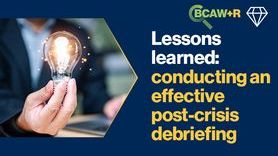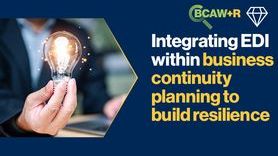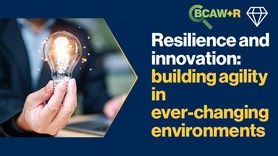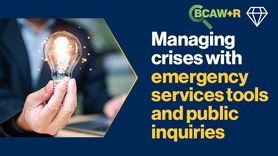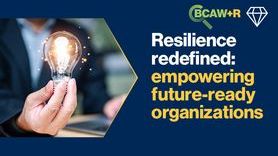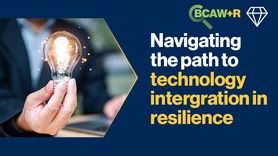BCI Resilience Framework 1.0 – What are the universal core principles?
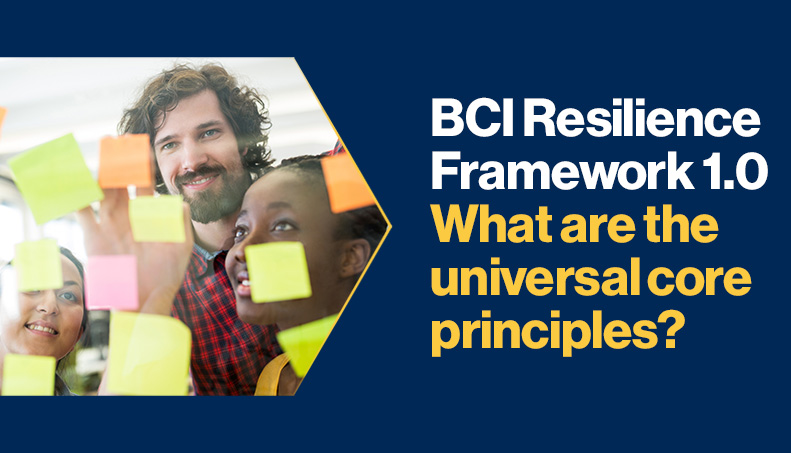
This month we will be releasing a series of articles highlighting the upcoming BCI Resilience Framework 1.0. in advance of its formal launch at BCI World 2024. This article examines the first three of the eight guiding core principles outlined in the framework.
Who is the Resilience Framework for?
The new BCI Resilience Framework 1.0 offers a strategic structure and framework cycle that organizations can use to enhance their resilience. It’s aimed at top leadership, and practitioners that need to influence leadership, across all sectors and global regions. As such, the core principles are guiding fundamental concepts that any size organization can use to strengthen their resilience management and development.
Examining the core principles of resilience
The new framework consists of eight overall universal core principles that establish a strategic baseline for all resilience development and management activities within an organization.
Core Principle One – Resilience is led from the top
Core Principle One determines that resilience is led from the top and must be owned by an organization’s top leadership.
This is because top leadership is responsible for an organization’s overall vision and therefore is best able to establish the strategic direction, and appetite, for risk and resilience. Establishing top leadership as the strategic lead for development and management of resilience programmes ensures that these are well governed, measured, monitored, and challenged and, therefore, effective in the long-term. Practitioners can employ this universal principle to encourage and establish top leadership’s strategic buy-in and firmly embed resilience throughout an organization.
Core Principle Two - Requires clear direction on purpose, objectives, and required outcomes
The second core principle establishes the absolute need for clear direction from top management on the purpose, objectives, and desired outcomes of a resilience programme.
Leadership with organizational strategic responsibilities must ensure that a resilience programme has a clear pathway from its established objective to its goals. When top management leads with this core principle, it provides clear direction forwards and secures sufficient resources and authority to support resilience programmes.
Core Principle Three - Requires a comprehensive understanding of the organization’s current state
Core Principle Three determines that an organization must have a clear and comprehensive understanding of its current state, including factors that impact upon it, and how far resilience is currently embedded. Only once a clear understanding of the organization is in place, can a resilience programme that captures additional required activities be effectively designed.
These three core principles of the Resilience Framework, alongside the other core principles described in the document, work together to create a robust resilience programme. Core Principle One ensures top leadership owns and drives resilience, embedding it into the strategic vision. Core Principle Two emphasises the need for clear direction and objectives from leadership, ensuring the programme aligns with overall goals and is well-supported. Core Principle Three focuses on understanding the organization’s current state to help effectively design a resilience programme. Together, these principles ensure resilience is strategically led, clearly defined, and aligned with the organization’s realities for long-term effectiveness.
Rachael Elliott, BCI Knowledge Strategist said:
“Recent BCI research consistently points to the importance of top management engagement in order to fully embed resilience into organizational strategy and, ultimately, operational procedures. These first three principles not only provide management with the direction needed, but also provide a critical tool for practitioners to showcase this when getting buy-in for programmes, funding, or extra staff. The third principle, that of fully understanding the organization and examining in detail the maturity of an organization’s current resilience programme, is an area where the practitioner community can look to actively support management in achieving resilience goals.”
The next article in this series examines the Resilience Framework’s next three core principles and how they strengthen resilience development and management activities within organizations.
The full document will be launched just before BCI World Hybrid 2024 during a networking drinks reception, hosted by the BCI, on 29 October at the Leonardo Royal London Hotel Tower Bridge.
Follow the link below to obtain your copy of the Resilience Framework.



